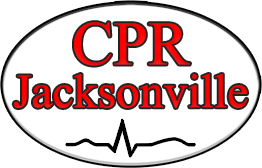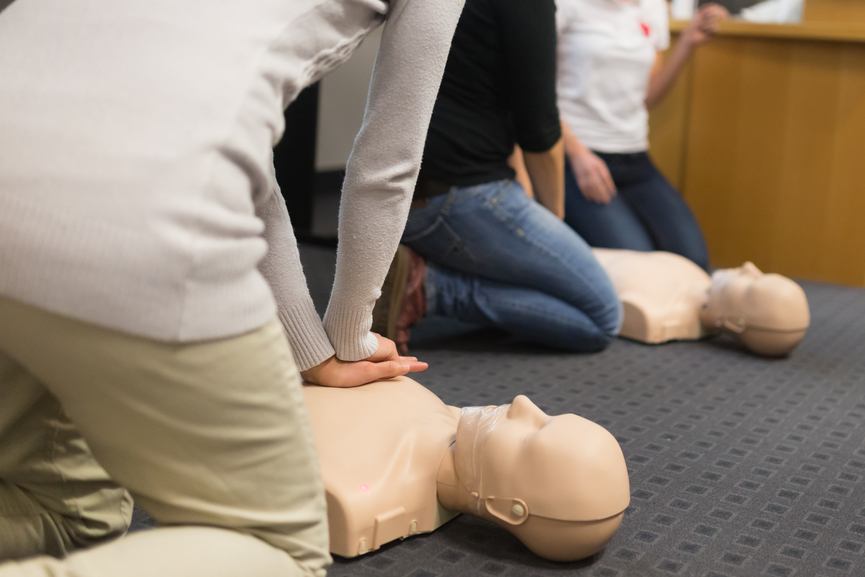CPR training stands as a critical skill that empowers individuals to respond effectively in life-threatening situations. As incidents of cardiac arrest and other medical emergencies occur unexpectedly, being equipped with CPR knowledge can significantly increase the chances of survival.
In recent years, the advent of online education has revolutionized the way CPR training is delivered. Online courses offered by the American Heart Association (AHA) provide an accessible and convenient alternative to traditional in-person classes. This article aims to delve into the advantages and disadvantages of online AHA CPR courses, offering insights for individuals seeking to obtain CPR certification.
Pros of Online AHA CPR Courses
A. Accessibility and Convenience
- Flexible Scheduling Options: One of the primary benefits of online AHA CPR courses is the flexibility they offer in terms of scheduling. Learners can access course materials and complete training modules at their convenience, fitting the coursework around their existing commitments.
- Accessible from Anywhere with Internet Connectivity: Online CPR courses eliminate geographical barriers, allowing individuals from diverse locations to access training materials as long as they have an Internet connection. This accessibility is particularly advantageous for those residing in remote areas or with limited access to traditional training centers.
B. Cost-effectiveness
- Lower Overall Costs Compared to In-person Classes: Online AHA CPR courses often come with lower tuition fees compared to traditional in-person classes. Additionally, learners can save on expenses associated with transportation, accommodation, and other miscellaneous costs typically incurred when attending physical training sessions.
- Elimination of Travel Expenses: By eliminating the need to travel to a designated training facility, online CPR courses reduce travel-related expenses, such as fuel costs and parking fees. This makes CPR training more affordable and accessible to a broader demographic.
C. Self-paced Learning
- Ability to Learn at One’s Speed: Online AHA CPR courses allow learners to progress through the material at their own pace. Individuals can review concepts as needed, ensuring a thorough understanding of CPR techniques and protocols before moving on to the next module.
- Opportunity for a Thorough Understanding of Concepts: The self-paced nature of online CPR courses provides learners with the opportunity to delve deeper into complex topics and review challenging concepts until they feel confident in their proficiency. This comprehensive understanding contributes to the retention of essential CPR skills.
Cons of Online AHA CPR Courses
A. Lack of Hands-On Experience
- Limited Practical Training Opportunities: One of the primary drawbacks of online AHA CPR courses is the lack of hands-on experience. While digital simulations and virtual scenarios can supplement theoretical learning, they cannot fully replicate the tactile feedback and muscle memory developed through hands-on practice.
- Challenges in Mastering Physical Techniques Remotely: Certain CPR techniques, such as chest compressions and rescue breathing, require precise execution and physical dexterity. Without direct supervision and hands-on practice, learners may find it challenging to master these techniques effectively.
B. Potential for Distractions
- Difficulty in Maintaining Focus in a Non-Classroom Setting: Online AHA CPR courses are susceptible to distractions inherent in remote learning environments. Factors such as household responsibilities, ambient noise, and digital distractions can hinder concentration and detract from the learning experience.
- Interruptions from External Factors: Unlike traditional classroom settings where learners can fully immerse themselves in the training process, online CPR courses are vulnerable to interruptions from external, factors such as phone calls, emails, or household disturbances, disrupting the flow of learning.
C. Questionable Certification Validity
- Concerns Regarding the Authenticity of Online Certifications: Some employers and organizations may harbor reservations regarding the validity and authenticity of CPR certifications obtained through online courses. The absence of in-person assessments and practical evaluations may raise doubts about the proficiency of online learners.
- Variability in Acceptance by Employers and Organizations: While AHA-endorsed online CPR certifications adhere to standardized guidelines, their acceptance by employers and regulatory bodies may vary. Certain industries or employers may prefer candidates with traditional, in-person CPR certifications, citing concerns about the rigor and credibility of online training.
Comparison with Traditional In-person CPR Courses
Traditional in-person CPR courses offer comprehensive hands-on training, allowing learners to practice CPR techniques under the direct supervision of certified instructors. This hands-on experience facilitates skill acquisition and ensures proper technique execution. In traditional CPR classes, instructors can provide immediate feedback and correction, addressing learners’ strengths and areas for improvement. This personalized guidance enhances skill development and fosters confidence in performing CPR maneuvers.
The interactive nature of traditional CPR classes promotes engagement and collaboration among learners. Group discussions, role-playing exercises, and team-based simulations create a dynamic learning environment conducive to skill acquisition and retention. Classroom-based CPR courses often incorporate group activities and hands-on exercises that encourage teamwork and problem-solving. These collaborative experiences not only reinforce CPR concepts but also cultivate interpersonal skills essential for effective emergency response.
Traditional in-person CPR certifications are widely recognized and trusted by employers, regulatory agencies, and healthcare organizations. The standardized training methods and rigorous assessment protocols employed in traditional courses instill confidence in the certification’s credibility and authenticity.
In conclusion, the debate over online AHA CPR courses is multifaceted, with valid arguments on both sides. While they offer flexibility and accessibility, traditional classes provide invaluable hands-on experience. However, regardless of the path you choose, remember that CPR certification is about more than just ticking a box—it’s about empowering yourself to respond confidently in life-threatening situations and potentially save lives.
Call to Action: Ready to take control of your CPR training journey? Sign up for our comprehensive CPR certification Jacksonville, FL, and gain the skills and confidence needed to act decisively in emergencies. Join CPR Jacksonville FL today and become a certified lifesaver!


